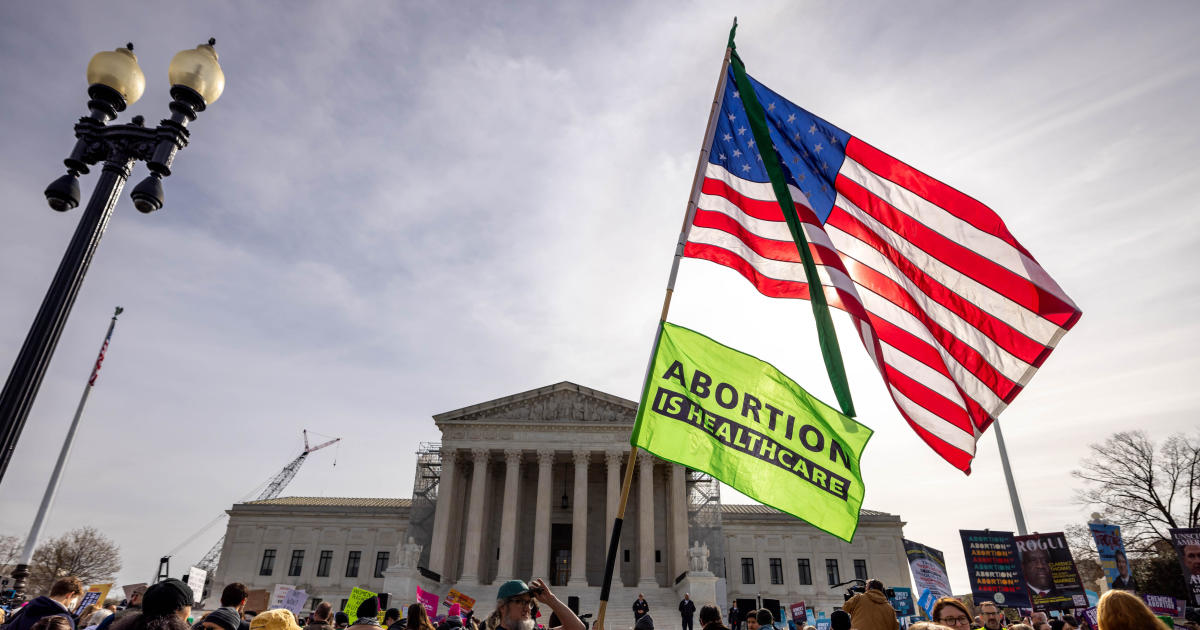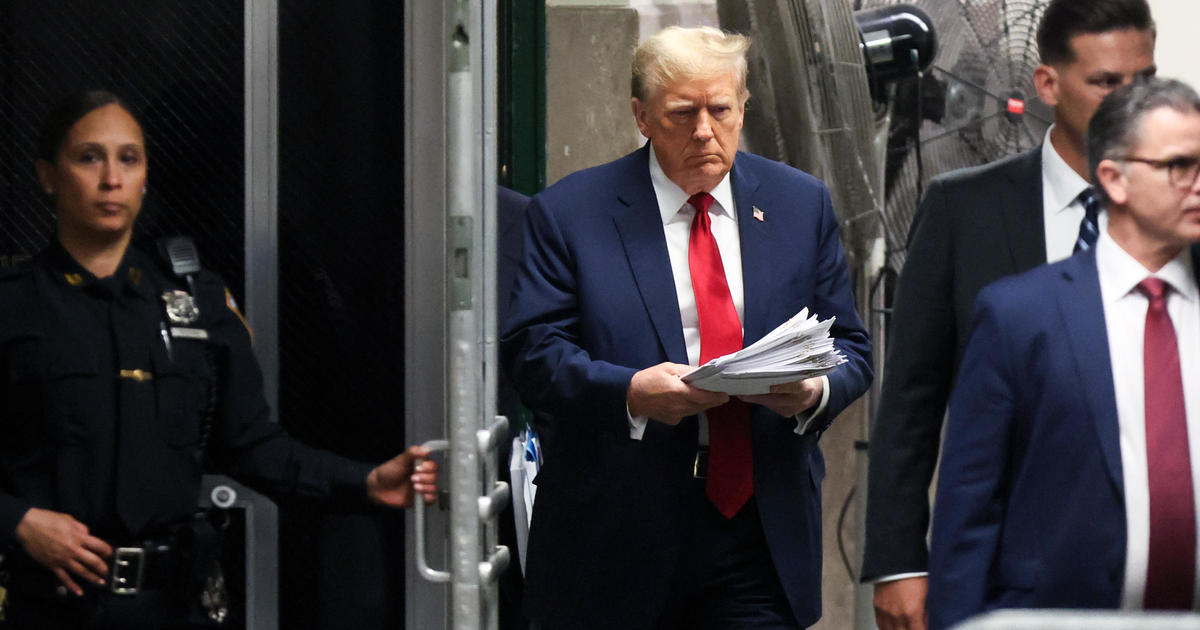Government shutdown closes immigration courts adding to record-high 800,000 case backlog
The partial federal government shutdown has closed most immigration courts, forcing judges to indefinitely postpone hearings that had been scheduled months, and sometimes years, in advance. The delay promises to further stress the immigration courts, a system already operating with a record-high backlog of over 800,000 cases.
An African national applying for a U.S. green card is one of the hundreds of immigrants who had their court date indefinitely postponed last week. The New Jersey resident was scheduled to appear at the Newark immigration court last Wednesday to meet with a judge to schedule her green card hearing. Even though the appearance was effectively administrative — it was simply to schedule another hearing — it was a tough date to secure. It was the first available slot when she scheduled it in the summer of 2017.
But the hearing was cancelled and indefinitely postponed due to the government shutdown. Her lawyer says she'll probably need to wait months or even years before she'll be able to get in front of a judge to schedule another one.
"She's frustrated, she just wants the process to be done already," said Alan Pollack, her attorney, in a telephone interview with CBS News.
The woman is the mother of a two-year-old American-born child and married to a U.S. citizen. Pollack requested that CBS News withhold her name to protect her immigration status.
Some of the cases that are being postponed are for final asylum decisions, cases that often include expensive resources like legal representation, expert testimonies and witnesses traveling from out of town, said Kate Voigt, Associate Director of Government Affairs at the American Immigration Lawyers Association.
"When you're getting ready for a court hearing of that magnitude, it can be so stressful in the lead up," Voigt said in a telephone interview with CBS News. "When you get all geared up for that, and spend all that money, and then you find out it's been postponed — it can have a real impact on people's mental health."
Once the shutdown ends, all of the cancelled hearings will be rescheduled, but immigration attorneys aren't hopeful about the timeline. As of November 30, the immigration court system already had a backlog of more than 800,000 cases, a 49 percent increase since January 2017, when President Donald Trump took office, according to Syracuse University's Transactional Records Access Clearinghouse (TRAC).
The shutdown — especially if it extends into next week when the immigration court dockets are fuller — has the potential to make the bad situation much worse, Pollack said. "There's no question: the longer it goes, the worse it gets," Pollack said. "If they don't resolve it by next week, it's going to be a huge problem."
Court dates for some could be pushed back months or more than a year, said immigration attorneys.
Mr. Trump's request for $5 billion to fund a wall along the southern border has pushed Washington D.C. into an impasse, forcing the government to shutdown on December 22.
"Holding the government hostage for a border wall isn't going to do anything to make the country safer, but it will make the immigration courts worse," Voigt said.
There was no formal announcement from the Department of Justice that the immigration courts would be largely closed during the shutdown, said multiple immigration attorneys. As of December 24, some immigration courts — including New York and San Francisco — had changed their outgoing voicemail messages to reflect the cancellations, but others, including Newark, had not. That left lawyers like Pollack with little information as to how cases would proceed.
The Executive Office of Immigration Review, the group that oversees the courts, didn't put out a memo until Wednesday detailing the specifics of the closure. For immigration courts under the Department of Justice, all non-detained individuals with hearings scheduled since December 22 have had their appointment indefinitely cancelled, while detained immigration seekers have had their cases go on as planned, according to the memo.
A call to the office was sent to voicemail, where a recording said that it would not be handling press inquiries due to the government shutdown.
Individuals who aren't detained make up a vast majority of the immigration court docket, according to Pollack. Their courts dates run a gamut of migrant-focused legal issues, from final asylum decisions to deportations, said Ruchi Thaker, a New York-based immigration attorney, in an email to CBS News.
Meanwhile, the the U.S. Citizen and Immigration Services' business has been uninterrupted, thanks to the agency's fee-based system. That has had the effect of injecting inequality into the immigration system: While the Department of Justice oversees the courts, USCIS deals with naturalization and citizenship, immigration processes that tend to be reserved for higher-income individuals.
"Largely, the individuals in the immigration courts and the ones getting their cases cancelled during the shutdown are on the lower end of the economic spectrum," Pollack said.



